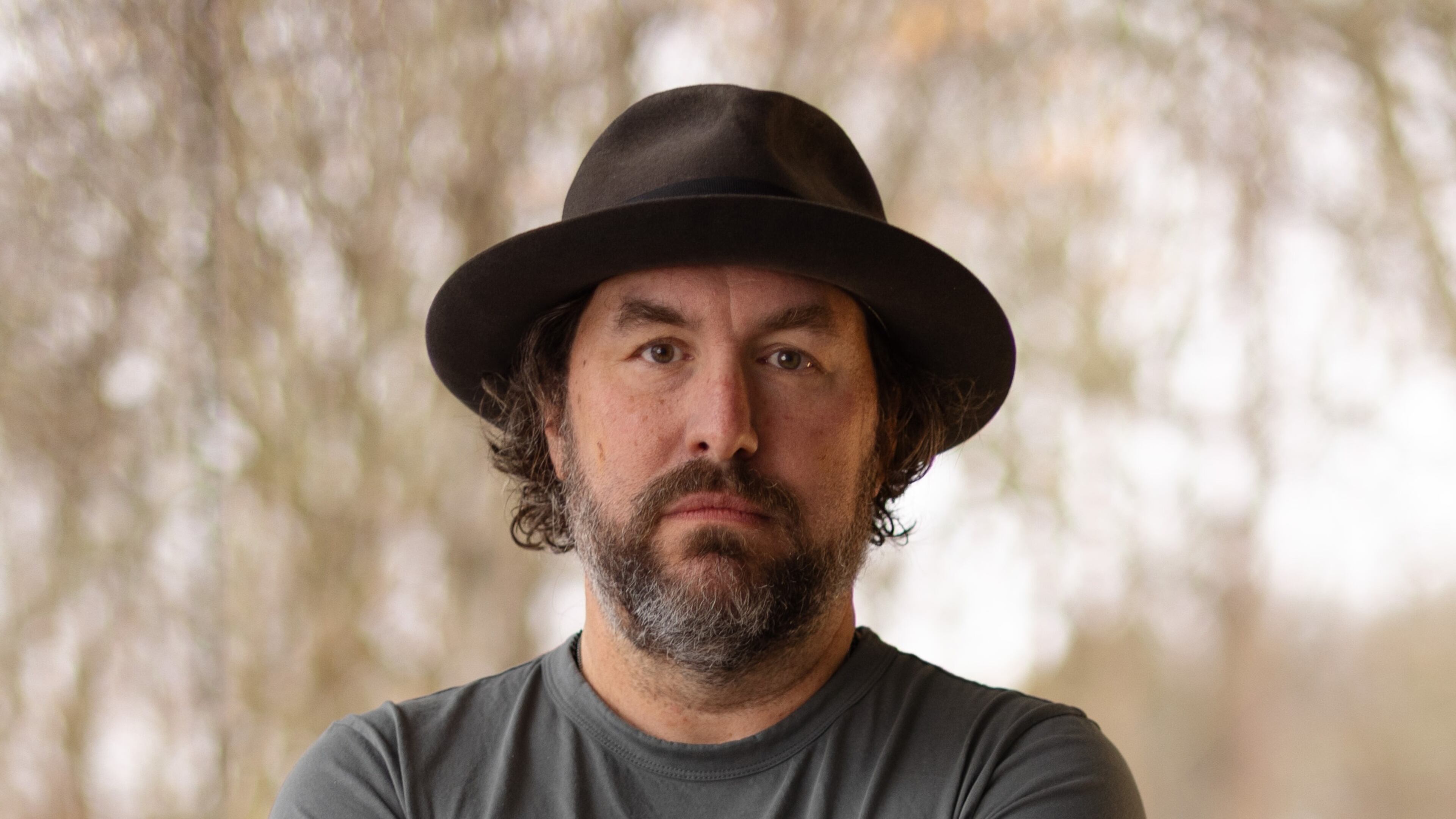In new book, Wright Thompson revisits the murder of Emmett Till

Wright Thompson grew up in the Mississippi Delta, about 30 miles from where the body of Emmett Till was pulled from the Tallahatchie River in 1955.
The 14-year-old’s savage murder is widely credited with helping launch the Civil Rights Movement. His horribly disfigured face shocked the world after his mother insisted on an open casket at his funeral in Chicago.
“Let the people see what they did to my boy,” she famously said.
But Thompson had never heard of Till until he want to college out of state.
In his new book “The Barn: The Secret History of a Murder in Mississippi,” Thompson says that’s no accident: attempts to whitewash Till’s story are ongoing.
“There is an going battle in America between memory and erasure,” he said in an interview with The Atlanta Journal-Constitution.
Thompson, a senior writer for ESPN, came upon the idea for his latest book early in the coronavirus pandemic while he was researching a story about ancestors of the Los Angeles Lakers who left the South as part of the Great Migration in the early 20th century. One of the players was related to Amanda Bradley, a witness to Till’s murder.
His curiosity piqued, Thompson called Patrick Weems, the executive director of the Sumner, Mississippi-based Emmett Till Interpretive Center.
“He said, ‘we should take a ride,’” Thompson recalled.
What he found was the barn where Till was tortured and killed. Astonishingly, it is today owned by a local dentist who uses it to store Christmas lights and duck hunting equipment.
Thompson called the owner a “nice guy” with a lack of curiosity about the gruesome history of his property.
“He’s very welcoming to anyone who is interested, but he isn’t interested himself,” Thompson said.
“His barbecue grill is in eyesight of the barn,” Thompson said. “I mean, how do you grill hamburgers and drink Bud Lite while looking at that?”
Thompson began to craft a fresh look at the Till story centered on the barn.
“I started to dig into the history of the land around the barn and under the barn,” he said. “I wanted to do a deep history of that square.”
What emerges is an intimate look at Till and his story, but also a panoramic meditation on the cultural and political forces that aligned to make the tragedy all but inevitable.
“The horror and menace come from how preordained it was,” Thompson said.
As a native son, Thompson also grapples with his own family’s complicated history. His great-grandfather supported segregation while his father went on to fight for civil rights.
He said while Till’s murder happened nearly seven decades ago, the story is still disturbingly current. Take, for instance, the role of heated political rhetoric.
The U.S. Supreme Court’s decision in Brown v. Board of Education, holding that the segregation of public schools was unconstitutional, helped to fuel a five-person race for governor in Mississippi where the candidates openly showcased their racist bona fides, Thompson said.
Till was killed the day after the election.
Thompson said he also wanted to paint a picture of Till the teenage boy, who loved comic books and the music of Bo Diddley. Today there are only 10 or 12 people left who knew Till.
“For those people he wasn’t a symbol. He was a friend and a son,” he said.
AUTHOR EVENTS
Wright Thompson discusses “The Barn: The Secret History of a Murder in Mississippi”
7 p.m. Oct. 1. Thompson in conversation with Charles Davis, dean of the University of Georgia’s Grady College of Journalism and Mass Communication. $40, includes a copy of the book. Morton Theater, 195 W. Washington St., Athens. grady.uga.edu/event/wright-thompson-lecture.
7:30 p.m. Oct. 2. Thompson in conversation with journalist Condace Pressley, in an event presented by the Atlanta History Center and the National Center for Civil and Human Rights. Atlanta History Center, McElreath Hall, 130 W. Paces Ferry Road, Atlanta. 404-814-4081, atlantahistorycenter.com/event/wright-thompson.



